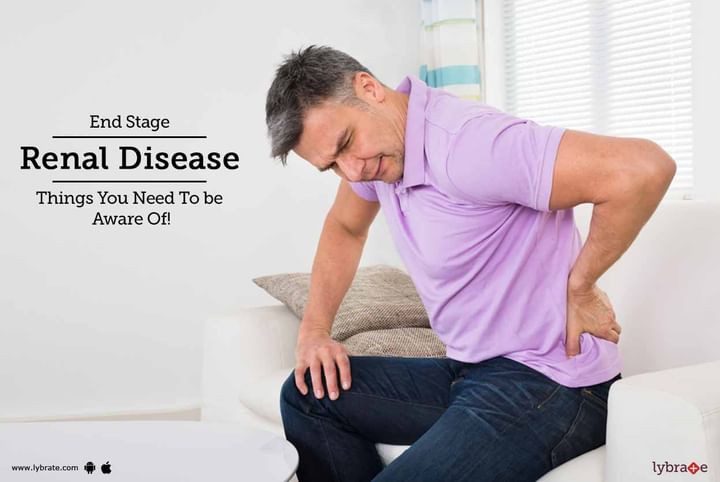End Stage Renal Disease - Things You Need To be Aware Of!
All humans have kidneys and they are necessary to purify the blood and rejuvenate. Blood carries important nutrients to vital body organs, and it carries waste products away from these organs. People who are born without kidneys, or when their kidneys fail to work, must go on dialysis in order to survive. While dialysis can continue indefinitely, it is very expensive and cumbersome. This article will explain what end-stage renal disease is (kidney failure) and how to prevent it.
People with end-stage renal disease have kidneys which are unable to purify and rejuvenate blood. They become very sick and can die without medical intervention, usually in the form of dialysis, but sometimes in the form of medications. People are considered to be in end-stage renal disease when their kidneys function at below 10% of their normal capacity. End-stage renal disease (ESRD) tends to be progressive and doesn’t reach its full extent until people have been living with the disease for 10-20 years after diagnosis. People with ESRD are in the fifth stage of kidney disease, with the severity of it being measured by their glomerular filtration rate (GFR).
Many diseases, including diabetes, can cause ESRD by attacking the kidney’s nephrons, which are tiny devices which filter toxic substances out of blood. High blood pressure can also attack the kidneys nephrons, which leads to them not filtering the blood to the extent or capacity that they should be. Diabetes causes ESRD because your body lacks the insulin it needs to break down sugar in your blood into nonharmful substances. The blood sugar levels remain high and attack the nephrons as they pass into the kidneys through the bloodstream because sugar has a tendency to poison vital organs. High blood pressure causes ESRD because the increased pressure damages the kidney’s small blood vessels which leads to them being unable to filter blood properly.
People with ESRD often experience many of the following symptoms: decrease in urine output, inability to urinate, fatigue, feeling sick all the time, headaches, appetite loss, unexplained weight loss, nausea and vomiting, dry skin and itching, bone pain, changes in skin color, confusion, and the inability to concentrate, easy bruising, frequent nosebleeds, numbness in the hands and feet, frequent hiccups, bad breath, being thirsty all of the time, no period, sleep problems, and restless leg syndrome, impotence, swelling of the hands, legs, and feet.
Watching one’s diet, limiting sugar intake, regular exercise, drinking lots of water, and controlling blood pressure are the best ways to prevent end stage renal disease, however, this disease is not always preventable, especially if it is hereditary. However, if one is diabetic, one must exercise regularly and control sugar consumption to reduce the chances of getting ESRD.
While there is no one magic bullet for preventing ESRD, and the long-term outlook for those with ESRD is good for those who are on dialysis, living a good lifestyle, and making healthy diet choices is the best medicine for ESRD prevention.
In case you have a concern or query you can always consult an expert & get answers to your questions!



+1.svg)
